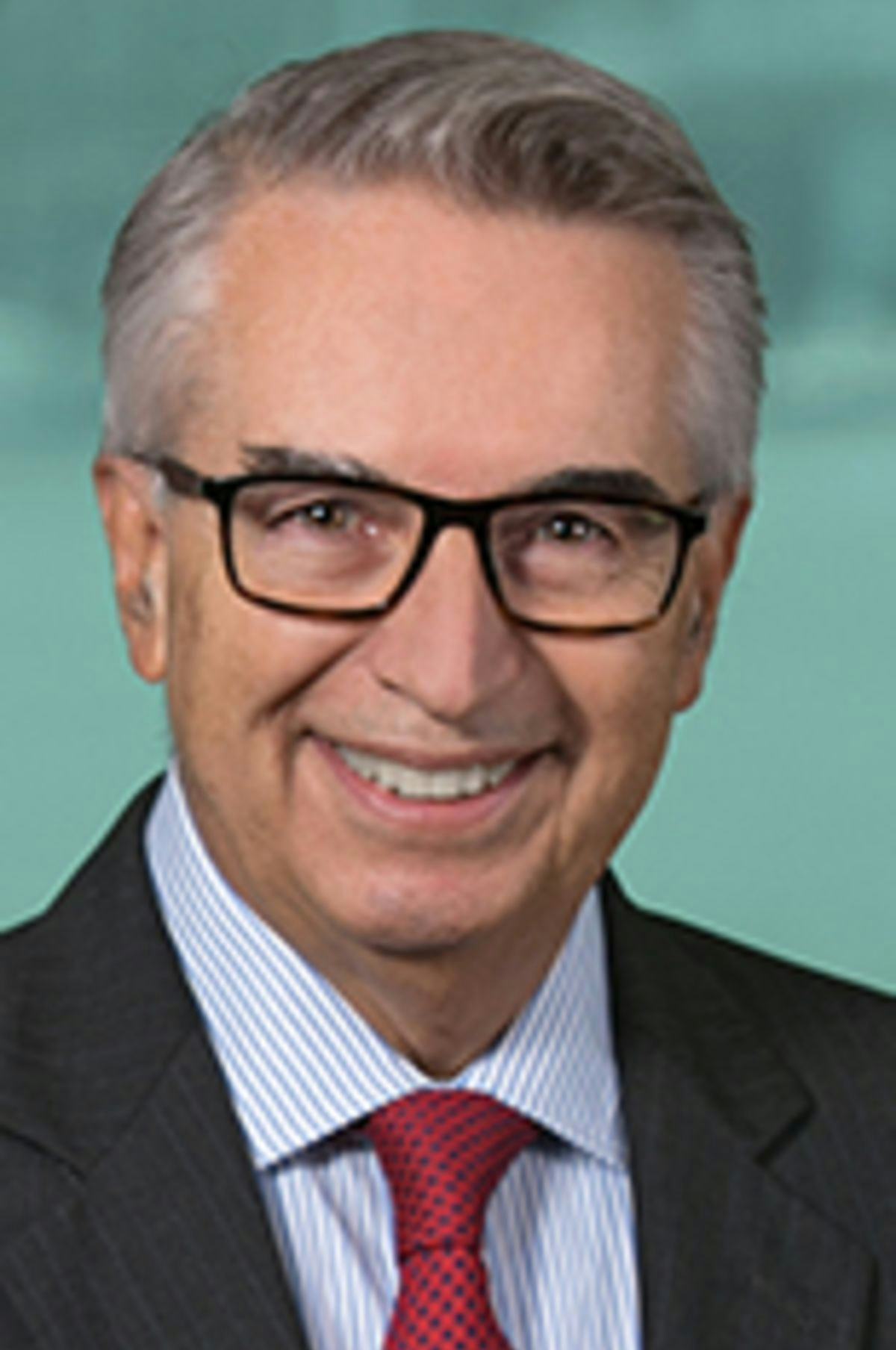Full Disclosure: Stevens Researcher Looks to Improve Market Transparency as SEC Visiting Scholar
Dr. Steve Yang's Financial Engineering Work Highlights the Important Role the School of Business Plays in Connecting Regulators to Financial Industry
In the midst of the 2008 financial crisis, as people lost jobs, pensions, homes and more, Steve Yang found his calling.
“I felt there was a recklessness in the financial industry, and witnessing the consequences of the recklessness gave me this new purpose,” said Dr. Yang, then a consultant for the Securities and Exchange Commission. “I decided then to go back to academia and help the entire financial system through research.”
This year, his story comes full circle as he joins the SEC as a visiting scholar and continues his work finding solutions to the very problems that inspired his return to academia.
After getting his Ph.D. in Systems and Information Engineering at the University of Virginia, Dr. Yang came to Stevens Institute of Technology as an assistant professor of Financial Engineering in 2012. His research expertise fits the mission of the School of Business, which aims to better understand both the advantages and threats data and technology pose in creating new opportunities in the markets. He uses Markov decision processes, reinforcement learning and artificial intelligence methods to understand the impact of market irrationality on trading, portfolio and systemic risk.
“At Stevens, we play a critical role in linking regulators, such as the SEC, to the financial industry,” said Dr. Yang. “My goal is to really incorporate new research methods into traditional financial research in order to make the financial system better and more efficient.”
Ensuring transparency with technology
He wasn’t alone in seeing the need for more research after the financial crisis. The SEC in 2009 created what’s now called the Division of Economic Risk Analysis, which brought together experts from academia and industry whose research could be integrated throughout the organization to help maintain the health of the financial system. As a visiting scholar at DERA, Dr. Yang will collaborate with other experts in the field to tackle important problems facing regulators.
“As regulators look to keep pace with a rapidly changing finance industry, there's a greater need for cutting-edge research that harnesses technology to safeguard our financial system,” said Dr. Gregory Prastacos, dean of the School of Business. “We're incredibly proud of Dr. Yang's appointment and are excited to see the impact his research has in helping the SEC continue its vitally important work.”
Much of Dr. Yang’s research centers around a common theme of great importance to the SEC: improving financial transparency. While companies are required to disclose information about risks they are facing to investors, they often resort to boilerplate language and lawyered disclosures to mitigate the impact of revealing “bad” news.
The effects of misleading or deceptive accounting practices can be disastrous: In the case of Enron, Dr. Yang said, these methods kept shareholders and regulators in the dark about the company’s financial health until it was too late.
Dr. Yang’s projects include an effort to use natural language processing to analyze financial statements and other sources to determine whether firms are being transparent in their disclosures. He is also looking at the way XBRL technology is used to parse information in machine-readable financial statements, which previously brought him to the SEC in 2016 as part of DERA’s weeklong Distinguished Visiting Scholars Program.
“The SEC wants to leverage data science development to improve regulation and market transparency,” he said. “It’s important to understand whether this technology has made financial statements more useful — and, for the future, whether policy or accounting changes would impact the quality of information conveyed to the public.”
Interpreting algorithms
But Dr. Yang’s passion for improving transparency isn’t limited to financial disclosures. His research also attempts to better understand the mechanisms that result in how artificial intelligence makes decisions.
“Today, we’ve got all these amazing algorithms that can do magical things, but we don’t always know how they reached their conclusions,” he said. “We see the black box, we use the black box — but we don’t understand the black box. And that can be especially problematic when you build models to make policy decisions.”
By developing so-called interpretable A.I. algorithms, he hopes to make that black box transparent and better determine the legal or ethical ramifications of those models. It’s a daunting prospect, but one Dr. Yang is excited to dedicate himself to over the next year. And he’ll continue to collaborate with Stevens researchers, including Dr. Elaine Henry and Dr. Victor Luo, on these challenging projects.
“Stevens is a small community, which makes it easy to work closely with people from other disciplines,” he said. “Because of that, there is a lot of energy here, and it makes it a great place to teach, research and learn.”
M.S. in Financial engineering Hanlon Financial Systems Center School of Business



